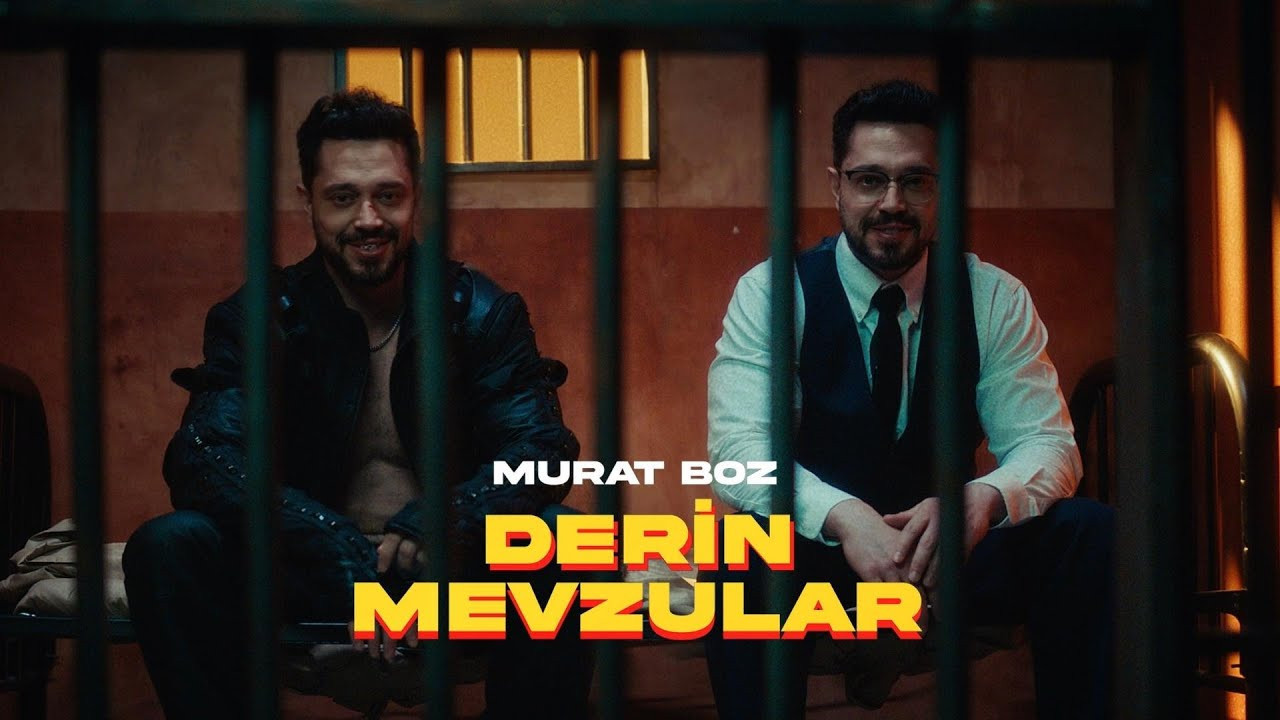Turkey’s Radio and Television Supreme Council (RTÜK) has fined the music channel Power Türk for broadcasting a music video from popular singer Murat Boz on the grounds that the clip contains elements implying that the character gets rid of his troubles through “sexual encounters.”
The RTÜK stated in its report that Boz’s music video titled “Deep Matters (Derin Mevzular in Turkish)” contains negative elements implying “the ineffectiveness of the character’s mental health medication, the portrayal of achieving desires through “fighting” and the resolution of problems through sexual encounters.”
According to RTÜK, the clip contains themes that “may have a negative impact on the mental and physical development of children and young people.”
Boz had previously received another penalty due to the presence of “erotic content” in one of his music videos released in 2012.
The media watchdog also fined another music channel, NR 1 Türk, for “transmitting intensely slang lyrics to the viewer without any bleeping out or blocking.”
RTÜK imposes program suspensions on two channels
RTÜK also imposed three program suspensions and administrative fines on a program broadcast on Tele 1 TV for using statements that the July 15 coup attempt was “not a struggle for democracy,” “insulting those who wear headscarves,” and “insulting children attending Quran courses and their families.”
The watchdog imposed three program suspensions and administrative fines on a program broadcast on KRT TV as well for “describing the country as having a different region” and “justifying terrorism and terrorist organizations” while making evaluations about the Green Left Party and Kurdish voters.
The institution has become a tool of the government for suppressing media freedom especially in the recent years. After digital platforms were put under the RTÜK supervision in 2019, the institution has increased its censorship rate dramatically.
It has recently imposed administrative fine from the upper limits to several global streaming services for having shows “contrary to social and cultural values and the Turkish family structure,” mostly because of including “homosexual relationships.”
Source:Duvar English



